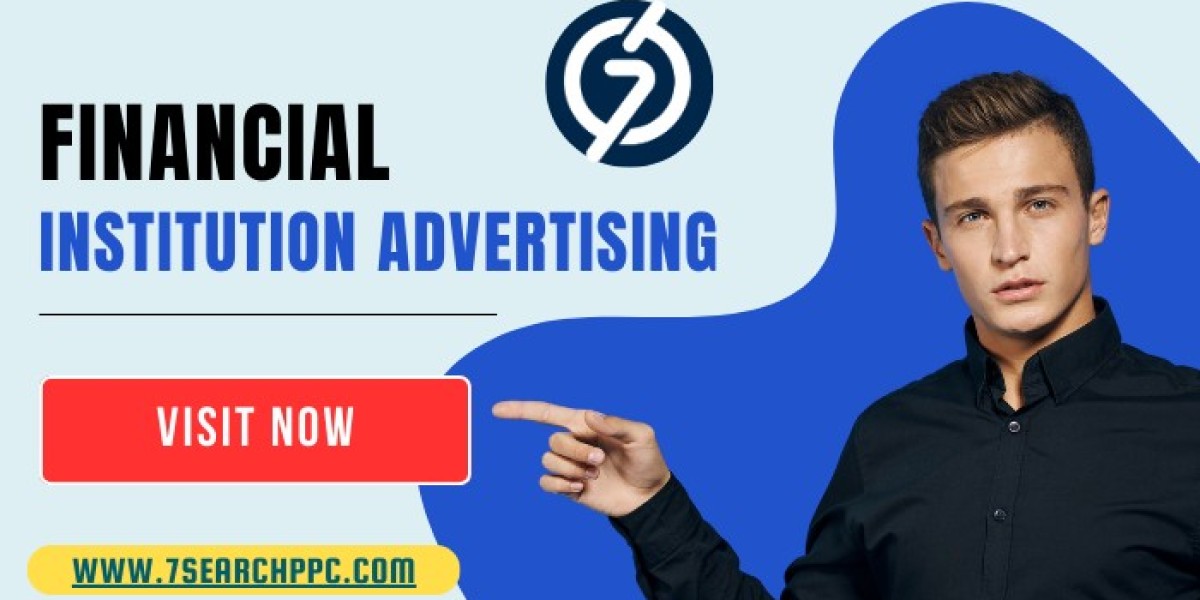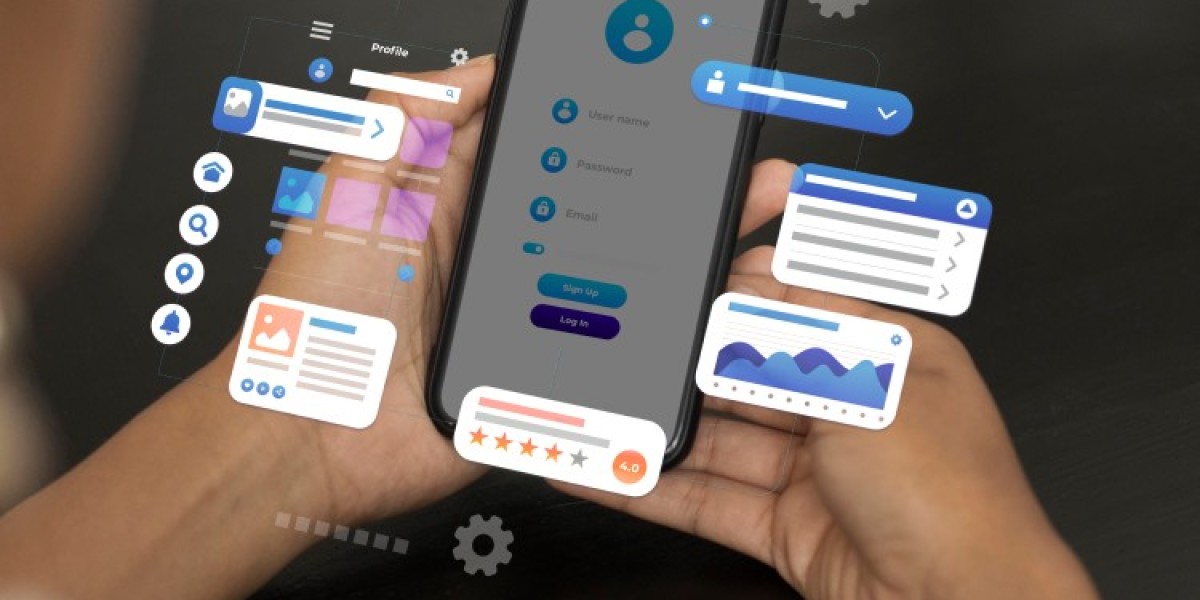In the digital age, advertising has become a vital component for the success of any business, and the insurance industry is no exception. With competition growing and customers looking for more tailored solutions, companies need effective strategies to capture attention, generate leads, and convert them into loyal clients. Insurance ad campaigns offer a powerful way to do just that, especially when executed with the right tools and platforms.

This article explores how insurance ad campaigns can help drive more leads for your business. We’ll delve into various strategies, platforms, and networks that can elevate your campaigns and help you maximize ROI. Let's break down the process to give you actionable insights into building an effective insurance ad strategy.
Introduction to Insurance Ad Campaigns
What is an Insurance Ad Campaign?
An insurance ad campaign is a structured and strategic approach to marketing insurance services through various advertising platforms. These campaigns can include a variety of media—such as display ads, search ads, video ads, and social media ads—to promote insurance products like life insurance, health insurance, auto insurance, and home insurance.
These ads can target a wide range of potential customers, from individuals looking for personal insurance plans to businesses in need of comprehensive corporate policies. By leveraging different insurance ad networks and platforms, insurance companies can effectively capture the interest of potential clients, encouraging them to explore their offerings further.
How Do Insurance Ad Campaigns Work?
Insurance ad campaigns typically start with identifying the target audience and their needs. From there, companies develop creative content and determine the best ad placements across relevant platforms. The campaigns use a combination of display ads, pay-per-click (PPC) strategies, social media, and even video marketing to ensure that their message reaches the right people at the right time.
The overall goal is to raise awareness about the insurance products and services, drive traffic to the company's website, and convert leads into policyholders. Campaigns can be adjusted and optimized in real-time based on performance data to achieve maximum ROI.
Why Insurance Companies Need Strong Ad Campaigns
The Competitive Landscape of the Insurance Industry
The insurance sector is one of the most competitive industries globally. Whether you're a large established insurer or a smaller company, the race to attract customers is fierce. In this crowded marketplace, standing out from the competition requires more than just a quality product—it demands smart marketing strategies that can build brand awareness and customer loyalty.
Driving Leads Through Digital Advertising
Traditional advertising methods such as TV, radio, and print can still be effective, but digital channels are now the dominant forces in driving leads for insurance companies. With the rise of online platforms, potential clients now conduct extensive research on insurance products, compare quotes, and make decisions based on digital content. Therefore, companies need to meet their customers where they are—online—through targeted and effective insurance ad campaigns.
A strong insurance ad campaign can generate leads by:
- Highlighting key product benefits
- Differentiating your brand from competitors
- Establishing trust through compelling storytelling
- Reaching a more specific audience through targeted advertising
- Nurturing leads through retargeting and personalized messaging
Understanding the Insurance Ad Platform Landscape
What is an Insurance Ad Platform?
An insurance ad platform refers to a digital system that allows insurance companies to create, manage, and optimize their ad campaigns. These platforms provide the tools to design ads, choose target audiences, set budgets, and track performance metrics.
Some of the most popular ad platforms for insurance companies include:
- Google Ads: Google’s search and display network offers unparalleled reach and allows insurance companies to bid for keywords related to their services.
- Facebook Ads: Facebook’s detailed demographic and interest-based targeting capabilities make it a strong platform for insurance ad campaigns.
- YouTube Ads: Video ads on YouTube can help convey complex insurance concepts in an engaging and easy-to-understand format.
Benefits of Using an Insurance Ad Platform
By utilizing an insurance ad platform, companies can:
- Access a broad and diverse audience across multiple channels.
- Target specific customer demographics based on income, age, location, and behavior.
- Automate bidding strategies and ad placements to achieve better ROI.
- Use advanced analytics to track campaign performance and adjust in real-time.
With the right platform, insurance companies can fine-tune their ad campaigns to be more effective, reducing wasteful ad spend and focusing on high-quality leads.
Key Elements of a Successful Insurance Ad Campaign
Clear and Targeted Messaging
Insurance products can be complex, so it’s essential that your ads are clear and communicate the value of your offerings. Highlight key benefits like cost savings, comprehensive coverage, and ease of service. Ensure that your message resonates with the target audience's pain points, whether it’s individuals looking for affordable life insurance or businesses needing liability coverage.
Strong Call-to-Action (CTA)
A strong CTA encourages potential customers to take action. Whether it’s “Get a Free Quote,” “Compare Plans,” or “See How Much You Can Save,” the CTA should be prominently featured in your ad. It must be specific, actionable, and directly aligned with what your audience wants.
Personalized Content
Personalization can greatly improve engagement. Use dynamic ad creatives that change based on the audience’s interests, demographics, or previous interactions with your brand. For example, show different ad versions based on whether the user is looking for auto insurance versus health insurance.
Engaging Visuals
While the messaging is key, visuals play an equally important role in attracting attention. Use professional, high-quality images or videos that reflect the trustworthiness and professionalism of your brand. In insurance, where trust is crucial, the design should evoke confidence and reliability.
Audience Targeting for Insurance Ad Campaigns
Importance of Knowing Your Audience
Before launching an insurance ad campaign, it is crucial to understand your target audience. Are you aiming to attract young families looking for life insurance, or is your focus on businesses seeking property insurance? Understanding who you are trying to reach will allow you to craft a more focused and relevant campaign.
Behavioral and Demographic Targeting
Most advertising platforms, including Google and Facebook, allow you to target audiences based on behavioral data and demographic information. This includes:
- Age, gender, and income level: These factors can influence the type of insurance a customer is looking for.
- Location: Targeting ads by geography ensures that your local insurance offers are reaching the right people.
- Browsing behavior: You can target people who have visited insurance-related websites or shown an interest in purchasing insurance.
Retargeting for Insurance Ad Campaigns
Retargeting plays an important role in insurance advertising. Because buying insurance can be a long process, many potential customers might not convert immediately. Retargeting allows you to stay top of mind by serving ads to users who have previously visited your website or interacted with your brand. This increases the chances of converting them into customers over time.
How to Choose the Right Insurance Ad Network
What is an Insurance Ad Network?
An insurance ad network is a system that connects advertisers (insurance companies) with websites or apps where ads can be displayed. These networks help insurance companies extend their reach by placing ads across multiple platforms, sometimes beyond the search engines or social media.
Top Insurance Ad Networks
Several insurance ad networks specialize in serving ads to audiences interested in financial and insurance products:
- Google Display Network: Google’s display network can place your ads on millions of websites across the web, helping to increase visibility.
- Facebook Audience Network: This ad network allows you to show your ads across Facebook’s network of apps and third-party sites.
- Programmatic Ad Networks: Platforms like The Trade Desk or MediaMath offer automated, data-driven ad placements that optimize bidding in real-time.
Choosing the right ad network depends on your goals. For broad visibility, networks like Google or Facebook are excellent choices. For more specialized, data-driven campaigns, programmatic ad networks may provide more targeted placements.
Optimizing Your Creative for Better Engagement
Testing Ad Creatives
To maximize the effectiveness of your insurance ad campaigns, A/B testing is essential. Test different versions of your ad with slight variations in headlines, images, or CTAs to see which performs better. By consistently testing and optimizing, you can ensure that you are running the most effective ads possible.
Mobile Optimization
More users are browsing the internet on mobile devices than ever before. Ensure that your insurance ads are optimized for mobile platforms by using responsive designs and concise, easy-to-read content.
Conclusion
Insurance ad campaigns are a powerful way to attract potential customers, increase brand visibility, and drive leads for your business. By leveraging the right platforms, targeting the appropriate audiences, and using effective creative strategies, you can significantly boost the performance of your advertising efforts. From using personalized messaging and compelling visuals to selecting the best insurance ad platform and ad network, each element plays a critical role in generating qualified leads.
FAQs
What is an insurance ad campaign?
Ans: An insurance ad campaign is a structured marketing effort that promotes insurance products or services using digital platforms. The campaign can involve various types of ads, such as display ads, search ads, and social media ads, aimed at increasing brand awareness, driving traffic, and generating leads for insurance businesses.
What is an insurance ad platform?
Ans: An insurance ad platform is a digital system where advertisers (insurance companies) can create, manage, and optimize their advertising campaigns. These platforms help target specific audiences, set budgets, and track campaign performance. Popular ad platforms include Google Ads, Facebook Ads, and LinkedIn Ads.
What is an insurance ad network?
Ans: An insurance ad network is a service that connects advertisers with multiple publishers, allowing their ads to be displayed across various websites and apps. Ad networks like the Google Display Network or Facebook Audience Network help insurance companies extend their reach and show their ads to relevant audiences.







